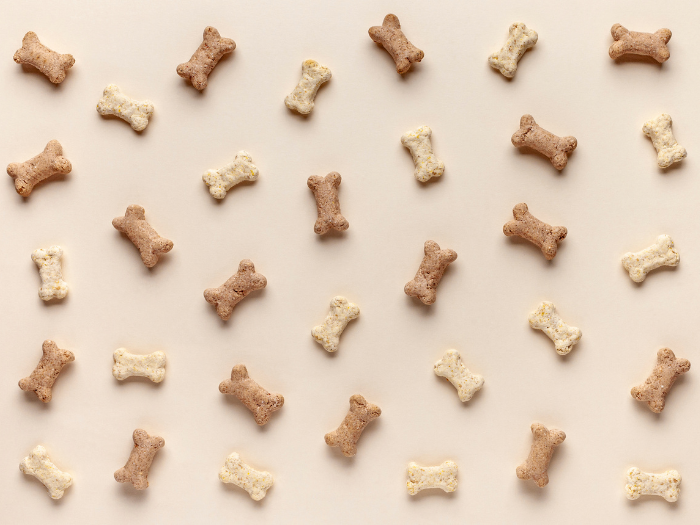
The Importance of a Balanced Diet for Dogs
A balanced diet plays a vital role in maintaining your dog’s overall health and well-being. Here’s why understanding your dog’s nutritional needs is crucial:
- Optimal Growth and Development: Proper nutrition supports healthy growth in puppies and ensures adult dogs maintain their ideal weight and muscle mass.
- Energy and Vitality: Dogs require a well-balanced diet to sustain their energy levels and active lifestyles.
- Strong Immune System: Essential nutrients help support a robust immune system, enabling dogs to fight off infections and diseases.
Essential Nutrients for Dogs
To meet your dog’s nutritional needs, it’s essential to provide a diet rich in the following nutrients:
- Protein: Dogs are carnivores and require high-quality protein sources such as meat, poultry, and fish for muscle development and repair.
- Carbohydrates: Carbohydrates provide energy and fiber. Choose whole grains and dog-friendly vegetables as carbohydrate sources.
- Fats: Healthy fats are a concentrated source of energy and support various bodily functions. Incorporate sources like fish oil and flaxseed oil.
- Vitamins: Dogs need vitamins such as A, D, E, and B-complex vitamins to support various physiological processes and overall health.
- Minerals: Essential minerals like calcium, phosphorus, zinc, and iron are necessary for proper bone health, enzyme function, and more.
Calculating Your Dog’s Nutritional Requirements
Each dog has unique nutritional requirements based on factors like age, size, activity level, and overall health. Consider the following when calculating your dog’s nutritional needs:
- Consult with a Veterinarian: A veterinarian can assess your dog’s specific needs and provide dietary recommendations tailored to their individual requirements.
- Determine Daily Caloric Intake: Based on your dog’s age, weight, and activity level, calculate their daily caloric needs to maintain a healthy weight.
- Protein Requirements: Dogs require a specific amount of protein per pound of body weight. Ensure their diet includes sufficient protein for their size and activity level.
- Nutrient Balance: Strive for a balanced ratio of protein, carbohydrates, and fats to meet your dog’s nutritional needs. Consult a veterinarian for specific guidance.
Feeding Guidelines for Different Life Stages
Dogs have different nutritional requirements at various life stages. Consider the following feeding guidelines:
- Puppy Nutrition: Puppies require a diet rich in protein, healthy fats, and essential nutrients to support their rapid growth and development.
- Adult Dog Nutrition: Adult dogs need a balanced diet that maintains their weight, supports their energy levels, and prevents nutrient deficiencies.
- Senior Dog Nutrition: Senior dogs may require adjustments to their diet to accommodate age-related changes. Consult with a veterinarian for guidance.
Signs of Nutritional Imbalance
It’s essential to monitor your dog’s health and watch for signs of nutritional imbalances. Consult with a veterinarian if you notice the following:
- Unexplained Weight Loss or Gain: Sudden weight changes could indicate an imbalance in your dog’s diet.
- Dull Coat or Skin Issues: Nutritional deficiencies can affect the health of your dog’s skin and coat, leading to dryness, flakiness, or excessive shedding.
- Digestive Problems: Frequent digestive issues like diarrhea, vomiting, or gas may indicate an intolerance or sensitivity to certain ingredients.
- Lack of Energy or Muscle Weakness: Inadequate nutrition can result in decreased energy levels, muscle weakness, or lethargy.
Remember, understanding your dog’s nutritional needs and providing a well-balanced diet are essential for their overall health and happiness. Consult with a veterinarian for personalized guidance and dietary recommendations tailored to your furry friend.
